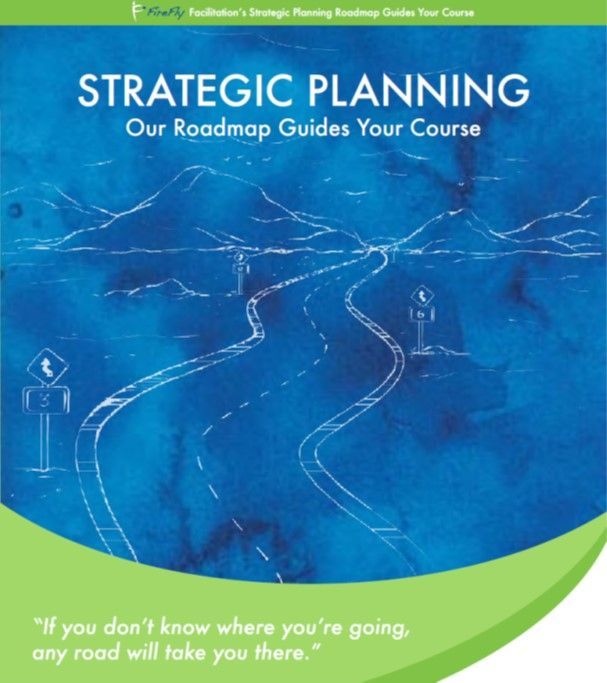Let’s Talk Accountability
The three lens of accountability - personal, leader, and team.
In the next few posts, we’re going to be talking about accountability. This is a subject best viewed through three separate lenses: personal responsibility, the role of the leader, and the team’s collective accountability. This post, and the ones that follow, will provide some best practices for positively impacting all three.
Are you as good as your word? Can others trust you to live up to the commitments that you make? What does exceptional personal accountability look like to you? Do you think that everyone sees it the same way? Many team leaders have complaints about a lack of accountability on the team, or a problem with people on the team not taking responsibility, but when asked to describe what this looks like when it’s done well, they find it very hard to do.
It’s much easier, therefore, to ask people to remember a time when they saw an outstanding example of someone taking accountability or being answerable for their actions. I ask each person to describe the situation, what the person did, and why this was a good example of accountability. This can be a very powerful experience for a team, especially when each member is able to see the similarities and the differences in expectations about the individual meanings of accountability.
There is a wonderful book entitled QBQ: The Question Behind the Question , by organizational development specialist John Miller. It is a short, pithy, easy read, but it tackles the tough topic of personal accountability with exceptional clarity and an orientation toward action. It’s almost like giving each member of the group permission–and a guide–to turn their attitudes around, and make positive change happen in their lives.
Miller’s book shows people how to regain a sense of control over their actions and reactions to the world and people around them. It instructs readers not to see themselves as victims who blame others for their circumstances, but instead to take ownership and action by asking the simple yet serious question, “What can I do to improve this situation?” This is what Miller calls “the correct question” versus “the incorrect questions,” such as, “Why does this keep happening to me?” or “Why don’t people just do their jobs?”
Miller provides several easy tips for turning any incorrect question into a correct one. Incorrect questions begin with the words why , when , or who , while correct questions begin with what or how . Incorrect questions contain the words them, they, we, or you, while correct questions simply contain the word I . Incorrect questions dwell on the current situation; correct questions focus on action.
Thus any one of us, when faced with difficult circumstances or demanding people, can choose to change our response from incorrect (“Who dropped the ball on this?”) to correct (“What solutions can I provide?”). The beauty of changing our questions—and thus, our mind-set—is that we’re able to turn laser like focus on our actions and ourselves. We can then use this information to impact the way in which we view and react to the events and circumstances of our lives.
We all know, but always forget, that we can't change other people; we can truly only change ourselves. We can choose to tap into our inherent creativity and turn our energies toward finding solutions that address these issues and problems; and that is the first step toward reclaiming control over our current situation. As Miller says in QBQ : “Personal accountability does NOT begin with you. It begins with me…Personal accountability is about each of us holding ourselves accountable for our thinking and behaviors and the results they produce.”
In our next post, we’ll talk more about accountability, and how managers and leaders can demonstrate and reinforce it. We’ll take a look at what managers can do to be true role models for excellence in accountability. Starting with one-on-one situations, we’ll move on to discussing the leader’s role in driving accountability for the whole team.






